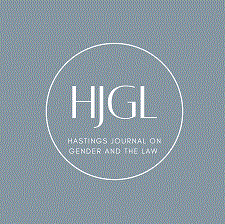
Abstract
Female genital mutilation (FGM) has been performed on approximately 135 million girls and women worldwide. It is estimated that two million girls and women undergo FGM each year approximately 6,000 a day. Often the procedure is performed clandestinely by local, unskilled practitioners in unsafe conditions. As many as fifteen to thirty percent of all girls and women who undergo FGM die as a result of bleeding or infection. In addition to short-term complications such as extreme pain, shock and hemorrhaging, FGM can cause severe long-term complications that can include sterility due to infection, complications during childbirth, as well as extreme pain and difficulty during urination, menstruation and sexual intercourse. Countries where FGM is performed tend to be highly patriarchal and women are often viewed as socially inferior to men. Women's lives are tightly controlled, and control of women's sexuality is often cited as a reason for why FGM is performed. FGM must be seen as a part of a larger system of discrimination, domination and control of women. FGM violates many international laws, covenants and declarations. There are, however, certain problems inherent in using international law to address a problem that has traditionally been seen as a private matter. Furthermore, it is important for Western women's rights groups not to impose their own sets of values on African women. International and African women's rights groups should look to various international laws and conventions as a way to combat this form of torture and sexual subordination of women.
Recommended Citation
Alexi Nicole Wood,
A Cultural Rite of Passage or a Form of Torture: Female Genital Mutilation from an International Law Perspective,
12 Hastings Women's L.J. 347
(2001).
Available at: https://repository.uclawsf.edu/hwlj/vol12/iss2/6

